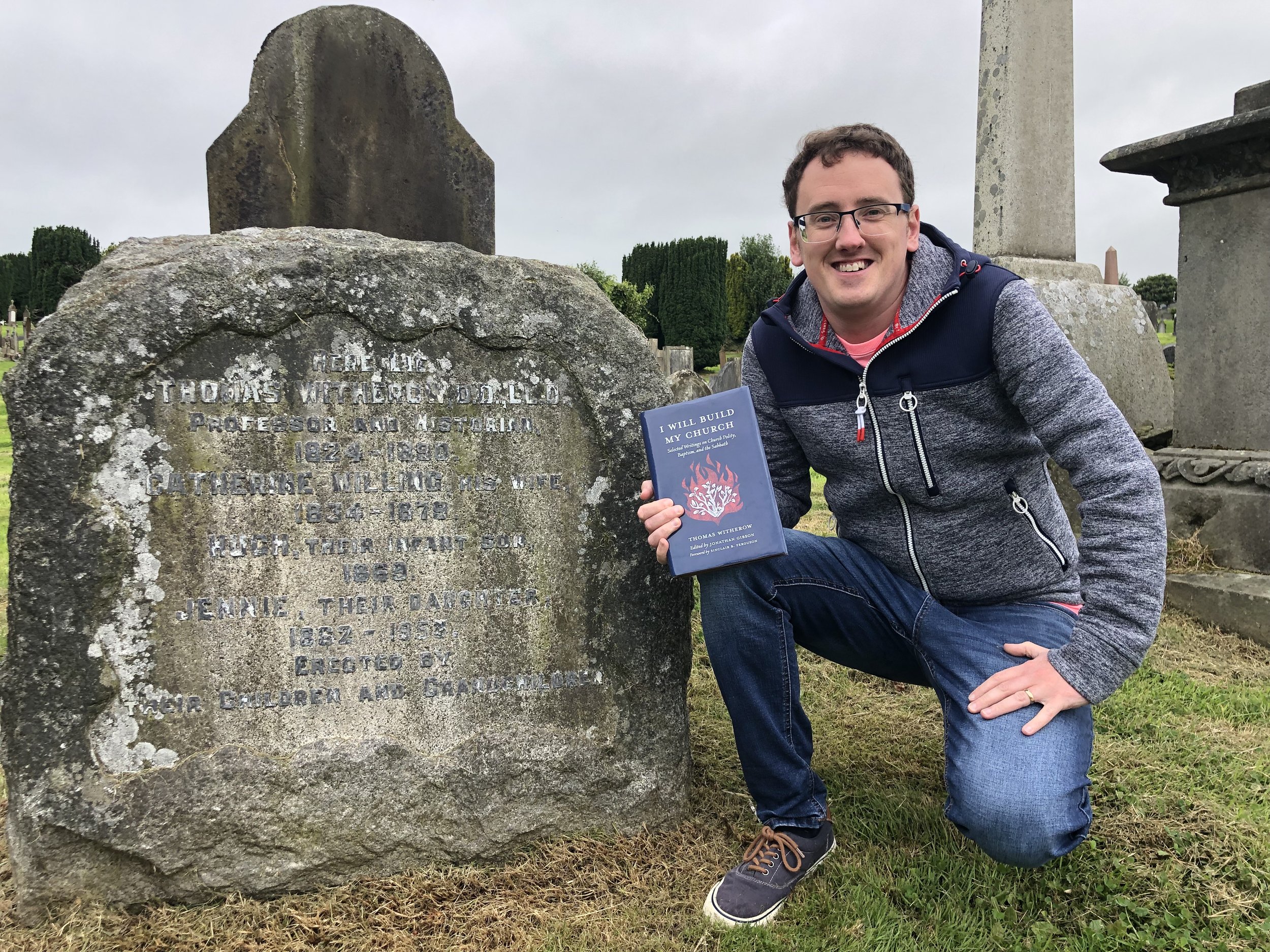The 2024 Olympics in Paris have a significance for Scottish sport that not many have noticed. Exactly one hundred years ago, the last time the Olympics were held Paris, Scottish runner Eric Liddell won gold in an event he hadn’t trained for. The moving story was immortalised by the film Chariots of Fire. Last month, the University of Edinburgh awarded the ‘Flying Scotsman’ a posthumous honorary doctorate, accepted on his behalf by his daughter.
In the words of a recent article in the Guardian, it’s a story which ‘provides a curious challenge for a secular age’. Liddell – born in China to Scottish missionary parents – came to Scotland at the age of 5. He excelled in sport at school and university. As a student at the University of Edinburgh, he broke the Scottish records for the 100 and 200 yards, and set a new record for the inter-universities 440 yards. His electrifying pace also earned him seven rugby caps for Scotland as a winger.
When the Paris Olympics came round in 1924 Liddell was selected to run the 100 and 200 metres in Paris. However he withdrew from the 100 metres on religious grounds when it was revealed that the heats were going to be held on a Sunday. For Christians, Sunday is ‘the Lord’s Day’ (Revelation 1:10), which we believe we are bound by God’s pattern of creation, as well as the Fourth Commandment, to ‘keep holy’ (Exodus 20:8). The British Olympic Committee put huge pressure on Liddell to run in what is the showpiece event of the Olympics, but he stood firm. Rather than compete, Eric spent the day preaching in the Scots Kirk in Paris.
When the 200 metre race came around, Eric ran and wan bronze. Ahead of the 400 metres, the team masseur gave him a note. When Eric opened it at the stadium he found words taken from the Biblical book of 1st Samuel: ‘He who honours me, I will honour’. Liddell’s plan was to ‘run the first 200 metres as hard as I could, and then, with God’s help, run the second 200 metres even harder’. That’s exactly what he did - winning gold in a world record time of 47.6 seconds.
One hundred years on, Liddell continues to be an inspiration to those who have found their sporting aspirations and Christian faith coming into conflict. Growing up I knew various people who gave up the chance to play rugby, hockey or athletics at international level because of trials, training camps or games which took place on Sundays. In the face of the often conflicting advice they have received, Liddell’s example - along with the Bible verse he was given - helped give them the motivation to stand firm.
In the film Chariots of Fire, the dramatised Liddell says: “When I run I feel God’s pleasure”. Although that line was made up for the film, it’s probably a fairly accurate description of how Liddell felt. What Liddell did say however was: “God made me for China.” That was the land his parents had felt called to as missionaries, it was where he had spent the first five years of his life – and as a young boy Liddell simply considered himself to be Chinese.
A week after he won gold he graduated from university and enrolled at Bible college. The following summer he took part in his last athletics meeting in Scotland, winning the Scottish Amateur Athletics Association titles in the 100, 220, and 440 yards, before leaving for Tientsin, China.
In 1934 he married Florence, a Canadian nurse. They had three daughters but he never met the youngest: when civil war broke out and then the Japanese invaded in 1941, Liddell sent his pregnant wife and young children to safety. He stayed, working as a missionary in war-torn Siaochang. In 1943, he and his missionary colleagues were interned by the Japanese in a camp in Weihsien. He died there in 1945. In words which close out Chariots of Fire: ‘Eric Liddell, missionary, died in occupied China at the end of World War II. All of Scotland mourned’.
It is indeed a story which provides a curious challenge for a secular age – as well as those who share Liddell’s faith. It’s the story of a man who gave up not simply one race, but a life of comfort and fame. What was it that led him to do it? The answer is that he had found something greater than gold.
Published in the Stranraer & Wigtownshire Free Press, 8th August 2024










